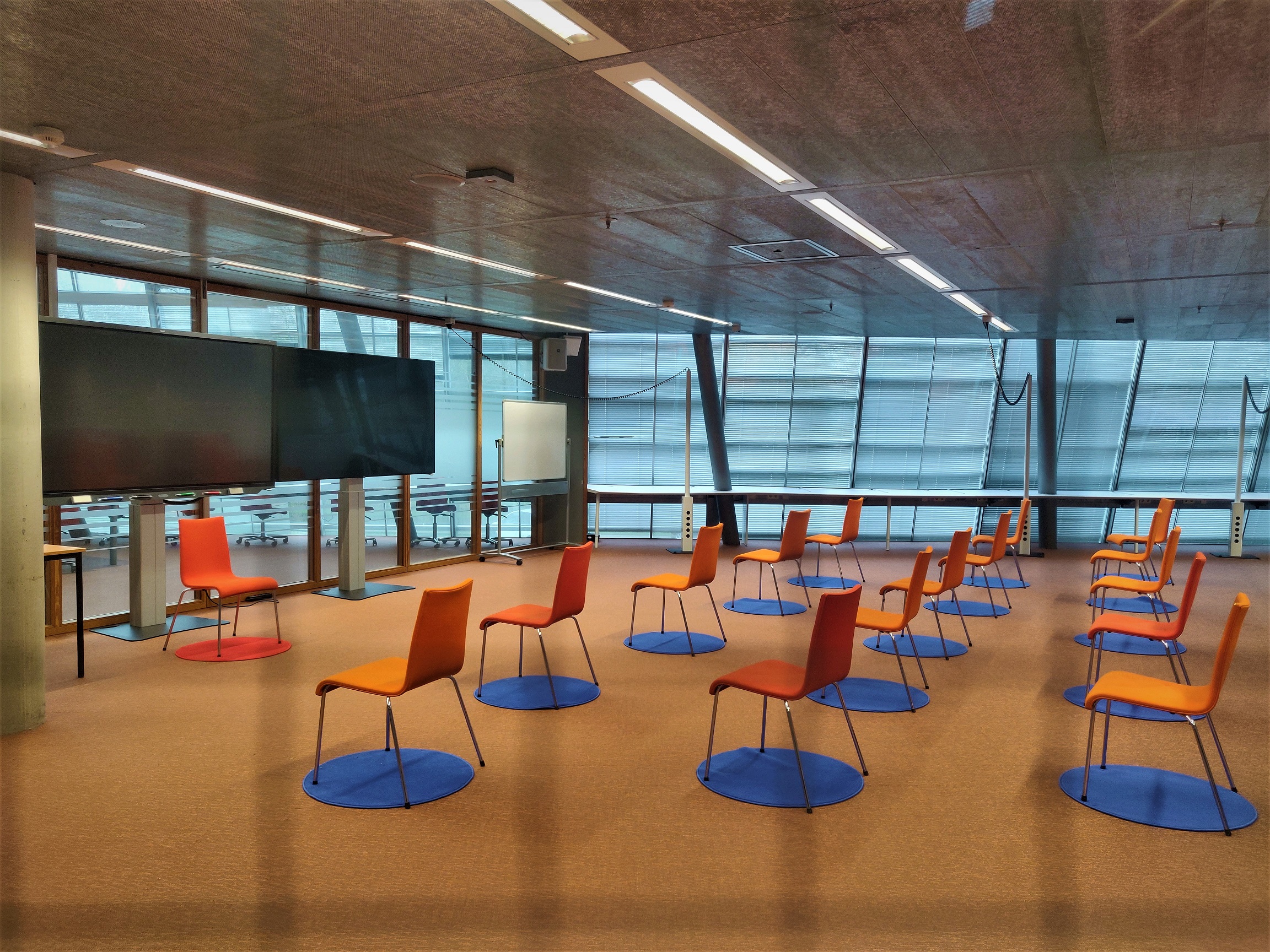The Dutch House of Representatives wants to see new regulations for participation bodies at universities. Scientists, students and trade unions seize their opportunity.
(Photo: Marjolein van der Veldt)
In the past, university councils were officially allowed to participate in decisions on nearly everything that affected their institutions. But since 1998 participation in university governance has been restricted to the right to make recommendations or give consent. This had been agreed earlier for higher professional education (HBO). The change made educational institutions more like businesses in terms of their governance structures.
Modernisation
According to GroenLinks party MP Lisa Westerveld, these days students and staff should really have more say in how their institution is run. Current legislation does not allow for this, however.
That’s why she submitted a motion calling on the government to enter into dialogue with researchers, faculty members and students about how to “modernise” the rules. In October her motion passed in the House of Representatives by a slim majority. Of the coalition parties, only D66 voted in favour. VVD, CDA and ChristenUnie do not support new regulations.
Experiment
We support them, say the academic protest movement WOinActie and National Student Union LSVb. These two groups have teamed up with trade unions AOb and FNV to write proposal for more participation in university governance.
Right now people in the workplace have too little input on decisions about how things run day-to-day, the proposal suggests. “University bureaucracy has become all-encompassing, and this obstructs participation.”
These groups thus advocate for creating “participation from below”. They also want to experiment with a mix of elected permanent council members and temporary members chosen by drawing lots.
Nominations
In their “Participation 2.0” plan, decisions would be made at the lowest organisational level. Moreover, those in governance positions – from department heads to members of the executive board – would be elected. Other staff, and not just professors, would also be able to nominate themselves for posts.
As far as these groups are concerned, representatives should also have a say in decisions on a greater range of topics, or at least be able to submit proposals. And not only about academic guidelines, exam regulations and the main points of the budget, but about all issues related to core tasks like teaching and research.
Experts
“Students and faculty members are the ones most involved in teaching, making them the experts,” Freya Chiappino, vice-chair of LSVb, explains. But, in her opinion, the current system just does not allow enough room for participation. She expects that if improvements are made to the way participation functions, student involvement will grow.
And that is really needed, because enthusiasm for the current system isn’t exactly spilling over. The average election turnout for representatives on participation bodies has been declining for years. Sometimes elections are even cancelled because there aren’t enough candidates.
In Delft, this is a familiar pattern. The turnout for the November 2020 Works Council elections was 28%, lower than the turnout six years earlier (35.9%). Due to a lack of candidates, there were no elections at all in 2017. The turnout for the student council elections also decreased again this year.
No improvement
Yet Job Vlak, chairman of the student council, does not see the proposal by WOinAction, LSVb, AOB and FNV as an improvement for Delft. “The student council has a good and constructive relationship with the executive board. There is room for discussion and they usually listen well to each other.” Menno Blaauw, chairman of the works council agrees. “We have and get participation in very many aspects of the affairs of TU Delft.”
Of course, there is always room for improvement, says Vlak. “This academic year is going very well. Because of the pandemic we are forced to listen to each other even more for the best possible cooperation. This is succeeding: student wellbeing, for example, is receiving more attention than ever. Let’s keep this up for the coming years!”
HOP, Evelien Flink / Delta, Marjolein van der Veldt
Translation: Taalcentrum-VU
Do you have a question or comment about this article?
redactie@hogeronderwijspersbureau.nl


Comments are closed.